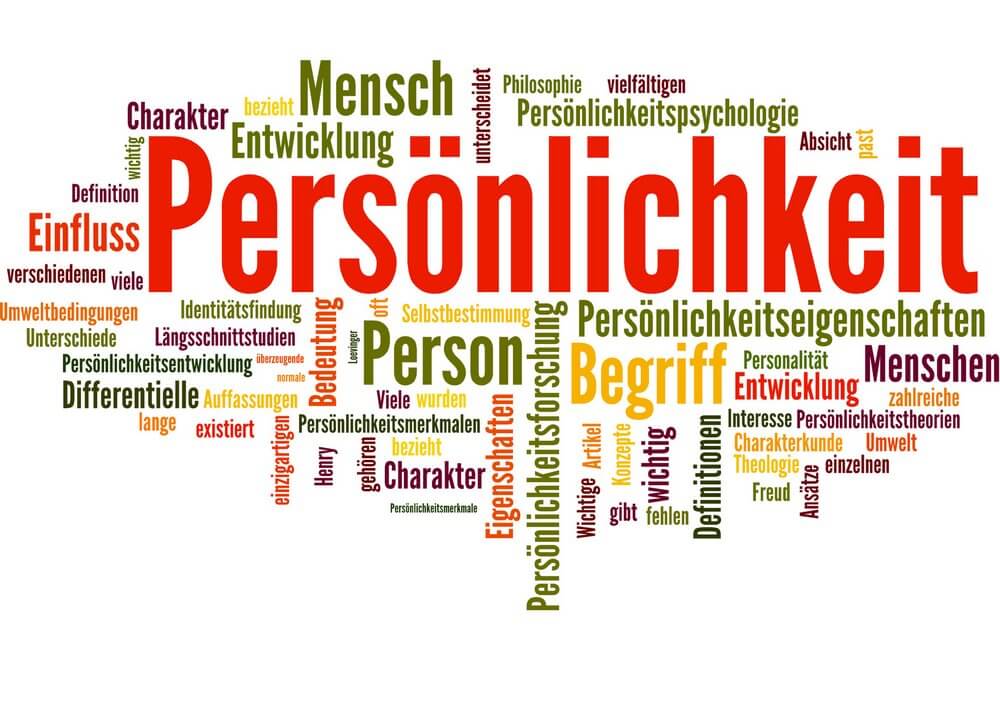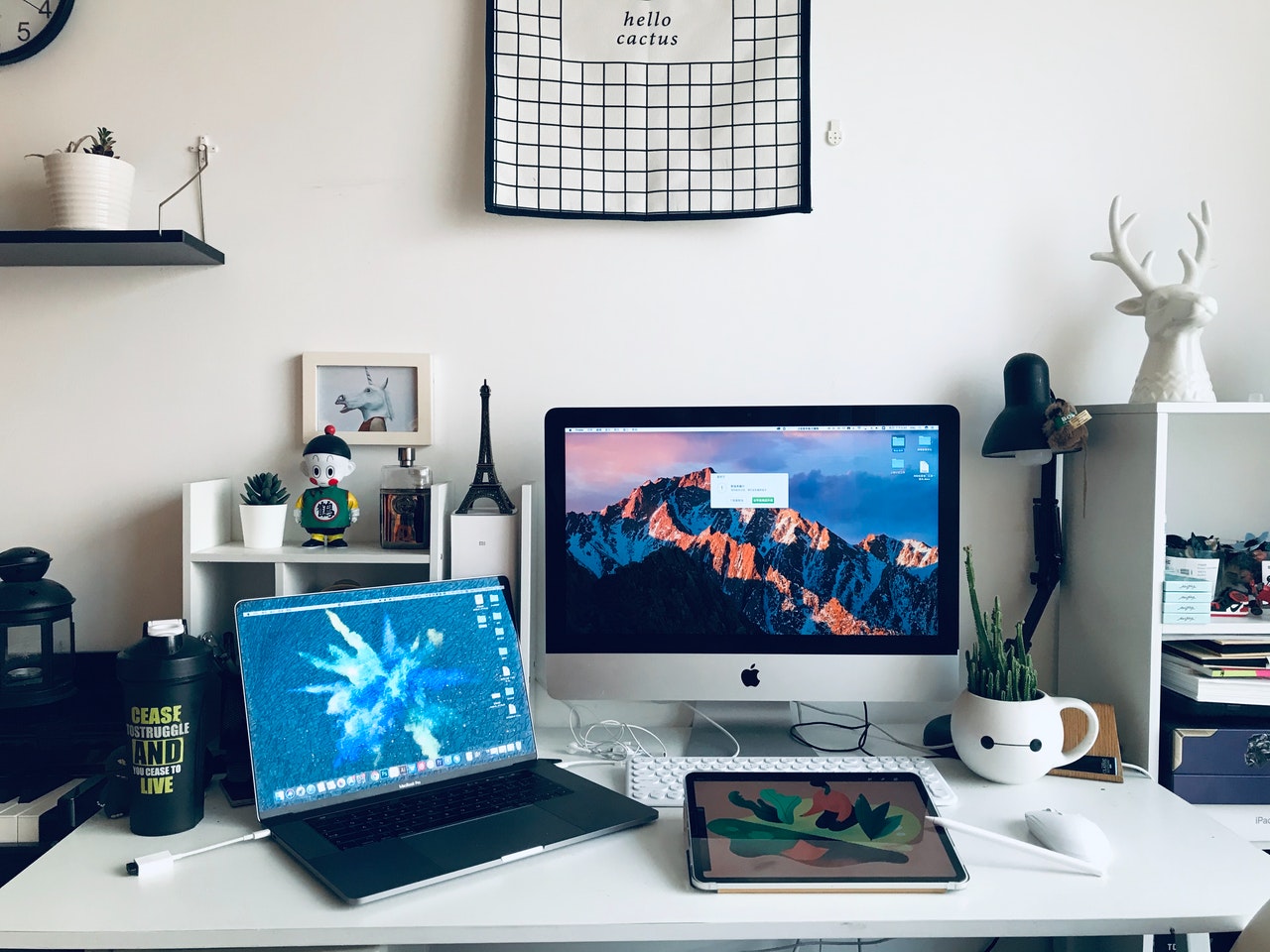Should I really be myself in an interview?
Published

Job seekers often believe that they need to impress interviewers with their knowledge and problem-solving skills. But even though you definitely want to impress, an interview is a give-and-take experience. It's a time for both the candidate and the hiring team to get to know each other and determine whether they can work well together. When you put on a show, you limit people's ability to find out if you're a good fit for them. If you want to start your new job confident that you made the right decision, you need to be yourself during the interview.
How to prepare for an interview
See yourself in front of yours job interview on a platform such as Glassdoor or Kununu, provide company reviews on topics such as salaries, benefits and company culture. These reviews will help you understand the company better and help you feel more relaxed during your interview.
Take your preparation a step further by searching for or adding questions that your potential company actually asks during interviews in the Interview Questions tab in the Careers menu. With this tailored information, you can prepare for the not-so-common questions that go beyond the skills you bring to the table.
Pass the personality test
Part of the interview process is determining whether a candidate will fit into the company culture. Loud a study As of 2019, 70 percent of employers rank a candidate's personality among the top three most important factors when making a job offer, and nearly 200 employers said authenticity is the most important quality in a candidate.

Those: magazin-forum.de
Typically an interviewer is trying to find out:
- Will they enjoy working with you?
- Are you genuinely excited about the opportunity?
- Do you have the core skills to complete the task?
The first point, “Will they enjoy working with you?”, is very subjective. Don't try to guess what you can say to sway the interviewer in your favor. Instead, be honest about your work style, the environments you feel comfortable in, and how you interact with other people. (Example: "I work best in a collaborative office environment with weekly deliverables.") This is also an opportunity to find out how your future team interacts with each other and what kind of camaraderie and collaboration you can expect.
When it comes to your enthusiasm for the opportunity, the details matter. Whether you're attracted to the nature of the work or the company's core values, say what you think. For example: "I am excited to work for this company because you are a leader in diversity, equity and inclusion and have many women in leadership positions." Your answer should show that you have done your research and are genuinely interested.
The third point - qualifications - is where you can really shine by showing that your personality and skills are suitable for the job. Although the interviewer will likely steer the conversation toward your skills and experience, remember that you are the expert on yourself. Prepare by reviewing the job description and company goals and determining how your specific background makes you particularly qualified.
Be true to yourself (within limits)
Are you an ultramarathon runner on the side? Maybe you taught yourself to knit or play an instrument. Talk about it! These details can reveal important character traits such as discipline, commitment to long-term goals, problem-solving skills, and a willingness to try new things.

Those: soft-skills.com
But also pay attention to the context and relevance. Some hobbies or connections may be interpreted differently depending on the type of job you are seeking. For example, winning an award for trying 100 different beers at your local pub in a month is difficult to translate to your skills at work. Likewise, your involvement with a political party can be an advantage if you're applying for a job as a government adviser, but it can also be a disadvantage if you're applying for a job as a political reporter at a newspaper.
You have to be in one job interview not be completely open. Simply select the chapters that highlight your best qualities.
Don't be afraid to use the M word
Everyone experiences failure, but what you learn from it can tell a manager a lot about how you solve problems and recover from setbacks. While you might ask an innocuous question about your strengths and weaknesses in an interview, asking about failure is a popular tactic - and this is a great opportunity for an honest conversation.
For example, it's not a bad thing to be a lawyer who has lost a case, because most good lawyers have lost a case. Instead of explaining why you lost, you should talk about how you analyzed the loss, what action plans or strategies you developed based on your analysis, and what successes emerged from your analysis.
A valuable potential employer knows they will work with you in good times and bad. If he learns how you react in bad times, he can decide whether you're a good fit for the team.
Practice, but don't do it perfectly
Unless you're an actor, you won't win any interview points by memorizing a script. It's okay to bring notes and refer to them during the conversation, as long as you don't spend the entire conversation reading them. Instead, opt for a little openness in your interview by taking your time and giving answers that reflect your authenticity.

Those: inc.com
When developing your answers to the practice questions, avoid writing entire paragraphs and instead summarize them in bullet points. When answering questions, take a breath before you start speaking to give yourself more time to think. This pause can also signal to the interviewer that you are really thinking about the question.
Being yourself doesn't mean everything you say has to be unwritten. It's important to prepare your own thoughtful questions for the interviewer to help you determine whether the company is a good fit for you. Ask questions about company culture, long-term professional development opportunities, and how individual success is measured within the company. Remember to listen to the answers and take notes. The answers you get can either be a green light - if you accept an offer with this company - or a red signal that it's not a good fit for you.
It's time to let yourself shine
A job interview is not a beauty contest. It's not about impressing a jury with kindness, knowledge of facts and the ability to swing a baton while roller skating. (Although these are all admirable qualities.) It's a chance for both parties - the employer and the future employee - to find out if they're a good fit.
Just like misrepresenting your interests or expectations on a dating app will inevitably backfire in a relationship, it is in a relationship job interview a recipe for professional disaster if you ingratiate yourself or exaggerate who you are. Looking for the right long-term work environment can help you stand out from the competition, win the interview, and earn what you're worth.








